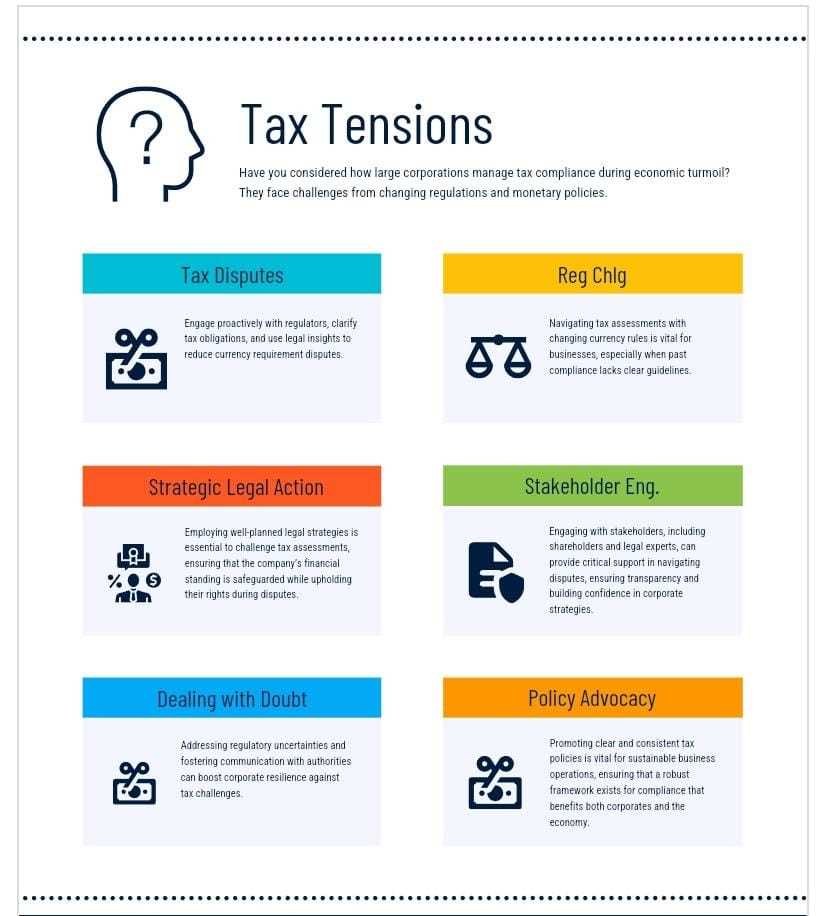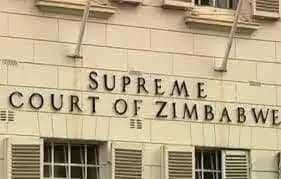
Nyashadzashe Ndoro and Audrey Galawu
Zim Now Reporters
Some of Zimbabwe’s largest corporates are locked in legal battles with the Zimbabwe Revenue Authority over tax assessments tied to currency payment requirements during a volatile economic and monetary transition.
The disputes, involving conglomerates like Innscor Africa Limited, National Foods, and African Distillers, center on whether taxes should have been paid in U.S. dollars or Zimbabwean dollars during the reintroduction of the local currency.
At the heart of the controversy is ZIMRA’s claim that these companies underpaid their taxes by using Zimbabwean dollars, despite the lack of explicit currency guidelines during the transition. With millions of dollars at stake and potential precedent-setting rulings, the outcomes could redefine corporate tax compliance and confidence in Zimbabwe's regulatory framework.
Innscor Africa Limited
Innscor Africa Limited, a leading conglomerate, is disputing a US$11.749 million tax assessment for the 2019–2021 period. ZIMRA argues that the company should have settled its tax obligations in U.S. dollars.
Innscor has already paid US$9.262 million under the “pay now, argue later” rule and has recorded this as a prepayment while awaiting the court’s decision. The company has been transparent with shareholders, noting the financial and operational risks associated with the dispute.
Related Stories
National Foods
National Foods, another major player, faces a US$4.49 million assessment. The company contends it complied with the legal requirements in place at the time but has paid US$3.38 million as it disputes ZIMRA’s claims. National Foods argues that retroactively applying foreign currency obligations is unjust, especially given the legal framework at the time of the transactions.
African Distillers
African Distillers is contesting a US$1.8 million assessment that includes penalties and interest for the 2019–2022 period. ZIMRA asserts that some payments should have been made in U.S. dollars instead of Zimbabwean dollars. The company has raised concerns about the financial strain the penalty would impose if upheld, citing potential impacts on liquidity and operational plans.
Experts have weighed in on the regulatory ambiguity driving these disputes. Nixon Nyikadzino, a political commentator, criticized Zimbabwe’s monetary policies, noting that inconsistencies have created loopholes for disputes.
“The current disputes highlight the need for monetary reform. A one-currency system or clear multi-currency guidelines is essential to provide businesses with certainty,” Nyikadzino said. He pointed out that economic instability, fueled by these ambiguities, has already pushed companies like Choppies to consider exiting the market.
On the other hand, social commentator Pride Mkono argued that while corporates exploit policy ambiguities to minimize tax obligations, the root cause lies with the government. “The financial chaos is a direct result of unclear policies.
" Authorities must decide whether to fully reintroduce the Zimbabwean dollar or maintain a multi-currency regime, and then provide a robust framework for tax compliance,” he said.


















Leave Comments